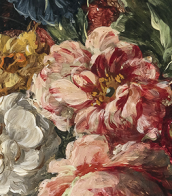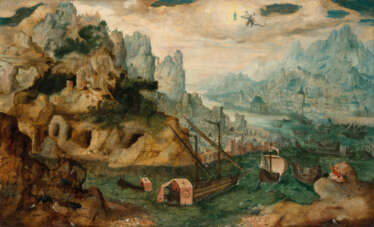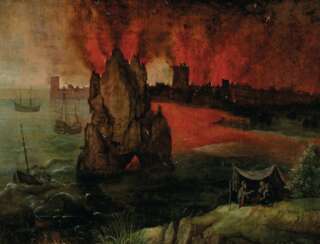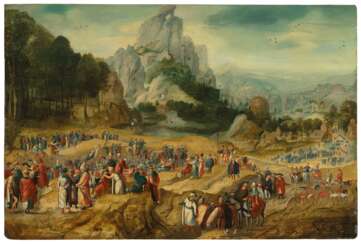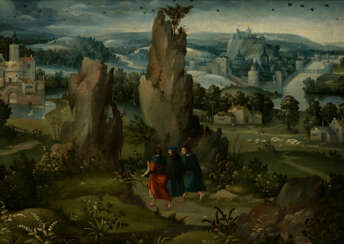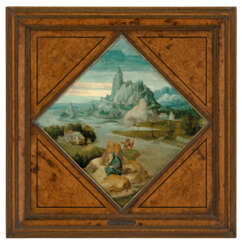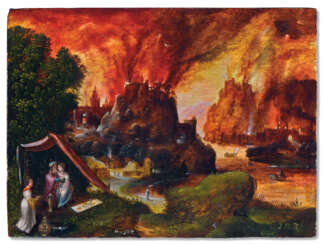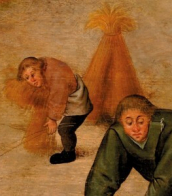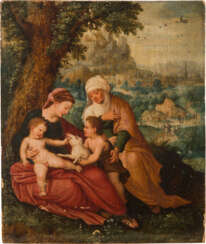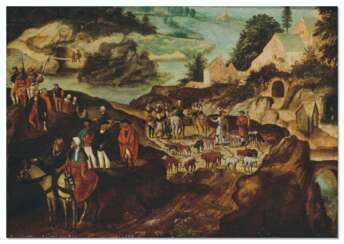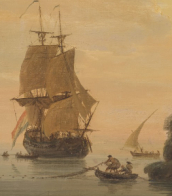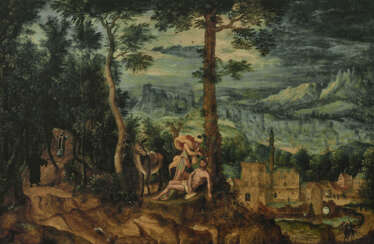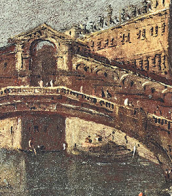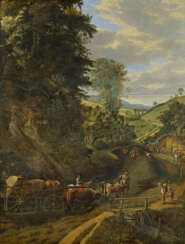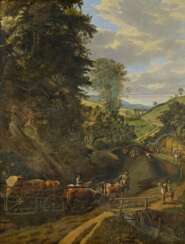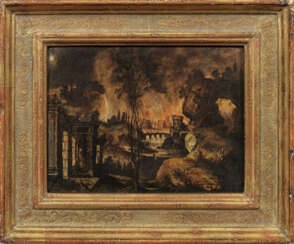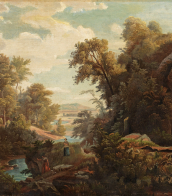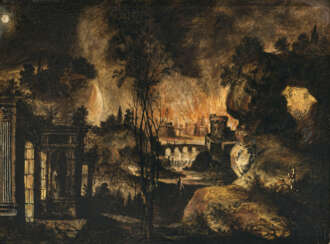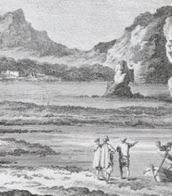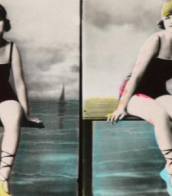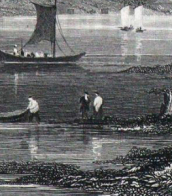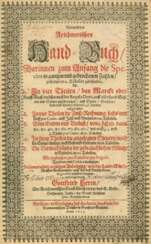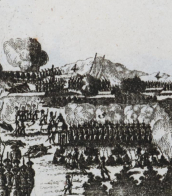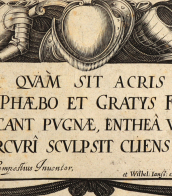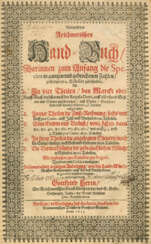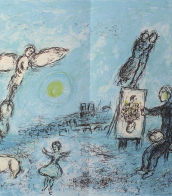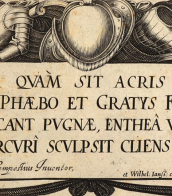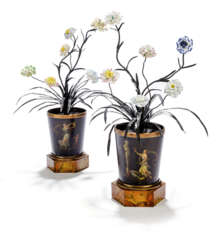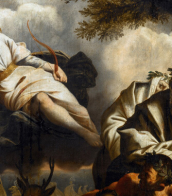herri met de bles
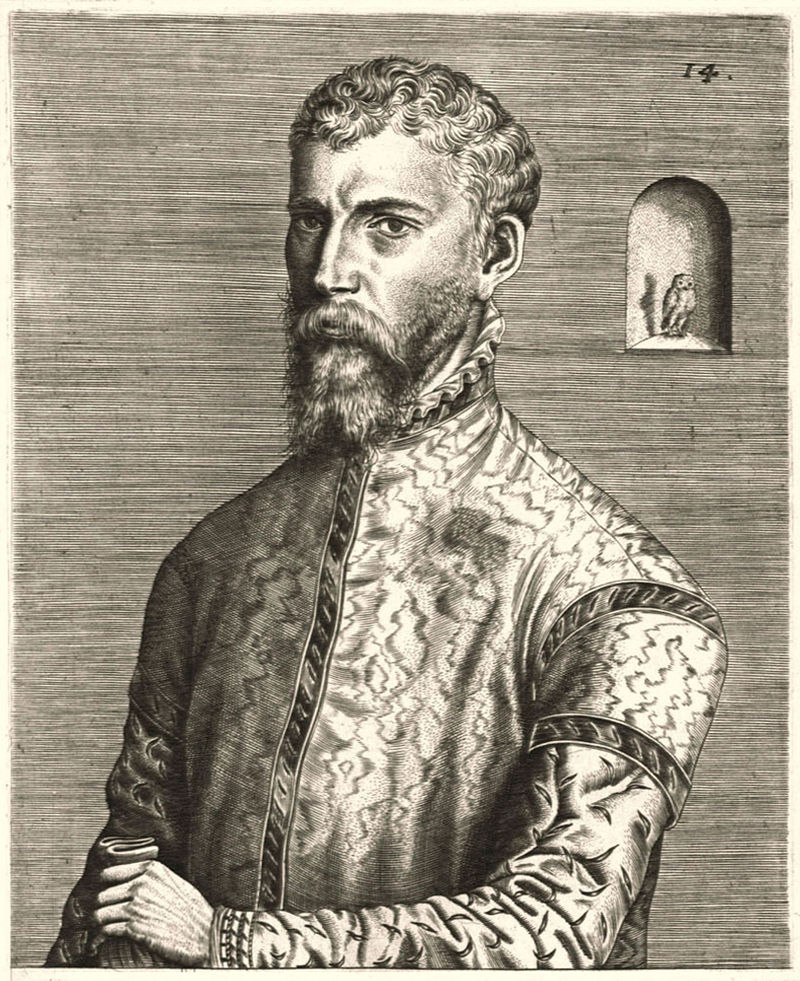
Herri met de Bles is a Flemish artist, along with Joachim Patinir, one of the founders of European landscape painting. He painted mainly landscapes with multi-figured compositions. Like Patinir, his style is characterized by stylized images of rocks and a careful rendering of aerial perspective.
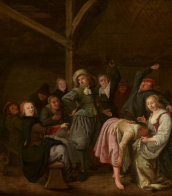

Herri met de Bles is a Flemish artist, along with Joachim Patinir, one of the founders of European landscape painting. He painted mainly landscapes with multi-figured compositions. Like Patinir, his style is characterized by stylized images of rocks and a careful rendering of aerial perspective.
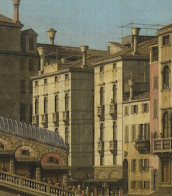

Herri met de Bles is a Flemish artist, along with Joachim Patinir, one of the founders of European landscape painting. He painted mainly landscapes with multi-figured compositions. Like Patinir, his style is characterized by stylized images of rocks and a careful rendering of aerial perspective.


Herri met de Bles is a Flemish artist, along with Joachim Patinir, one of the founders of European landscape painting. He painted mainly landscapes with multi-figured compositions. Like Patinir, his style is characterized by stylized images of rocks and a careful rendering of aerial perspective.
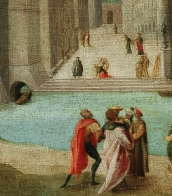

Herri met de Bles is a Flemish artist, along with Joachim Patinir, one of the founders of European landscape painting. He painted mainly landscapes with multi-figured compositions. Like Patinir, his style is characterized by stylized images of rocks and a careful rendering of aerial perspective.
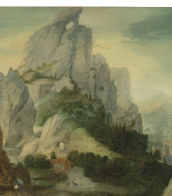

Herri met de Bles is a Flemish artist, along with Joachim Patinir, one of the founders of European landscape painting. He painted mainly landscapes with multi-figured compositions. Like Patinir, his style is characterized by stylized images of rocks and a careful rendering of aerial perspective.
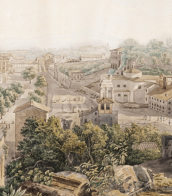

Herri met de Bles is a Flemish artist, along with Joachim Patinir, one of the founders of European landscape painting. He painted mainly landscapes with multi-figured compositions. Like Patinir, his style is characterized by stylized images of rocks and a careful rendering of aerial perspective.
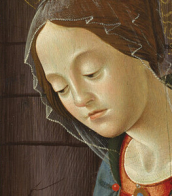

Herri met de Bles is a Flemish artist, along with Joachim Patinir, one of the founders of European landscape painting. He painted mainly landscapes with multi-figured compositions. Like Patinir, his style is characterized by stylized images of rocks and a careful rendering of aerial perspective.
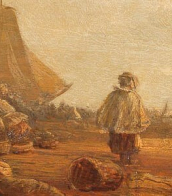
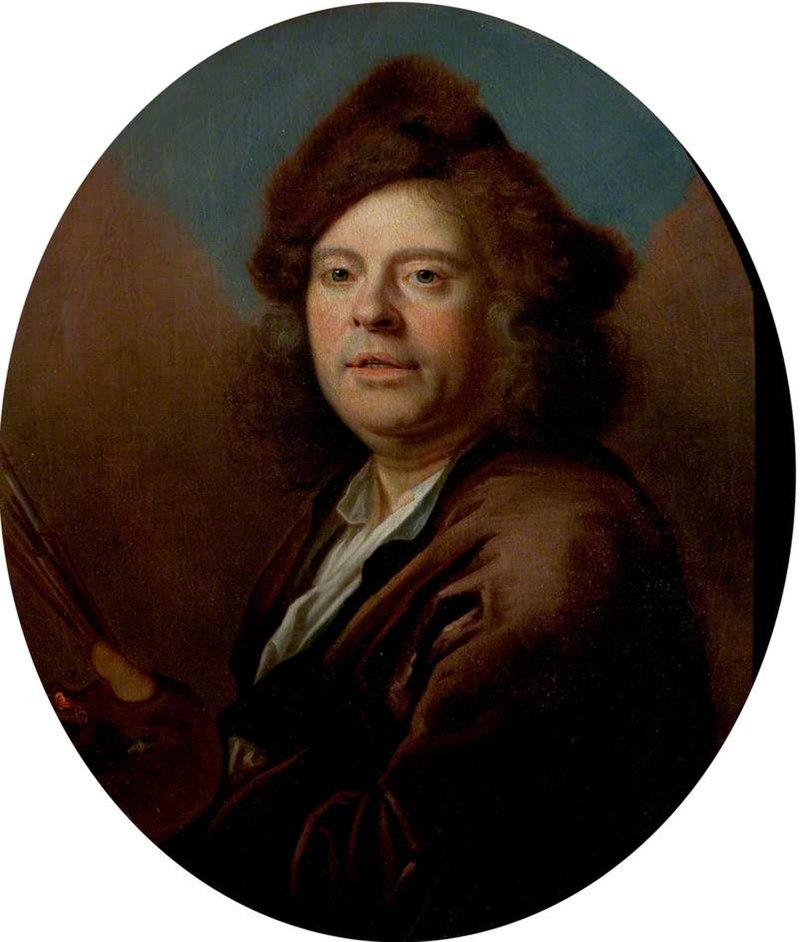
Jan Siberechts was a Flemish landscape painter whose career spanned both his native land and England. Initially, Siberechts developed a personal style of landscape painting in Antwerp, emphasizing Flemish countryside and country life. His work was influenced by Dutch Italianate landscape painters such as Nicolaes Berchem and Karel Dujardin, reflecting a blend of local and Italianate elements. This phase of his career was marked by vivid depictions of the Flemish rural life, with robust country girls in bright attire becoming a signature motif of his paintings.
Siberechts moved to England around 1672, where he significantly contributed to the English landscape tradition. In England, he painted decorations for the Duke's Cliveden House and later, traveled extensively, completing commissions for aristocratic clients. His English landscapes maintained their Flemish character but also started to focus more on universal themes, with less emphasis on figures and more on the scenery itself. These works are characterized by powerful trees, soft light on distant hills, and a relatively dark foreground to highlight the illuminated vistas in the background.
Siberechts is credited as the 'father of British landscape' for his pioneering country house portraits, blending detailed naturalistic views of stately homes into atmospheric landscapes. This innovative approach had a lasting influence on English landscape painting. His work, such as the views of Longleat and the Belsize Estate, represents an important step in the development of topographical painting, merging Flemish influences with the emerging English landscape tradition.
For collectors and experts in art and antiques, Siberechts' oeuvre offers a unique window into the transnational flow of artistic ideas in the 17th century, blending Flemish traditions with the nascent English landscape genre. His paintings, celebrated for their detail and historical topographical interest, can be found in prestigious collections such as the Tate Gallery London and the Victoria and Albert Museum.
For updates on exhibitions, sales, and auction events related to Jan Siberechts' work, art enthusiasts are encouraged to sign up for dedicated newsletters. This ensures that they remain informed about the latest opportunities to explore and appreciate the contributions of this influential Flemish artist to the landscape painting genre.
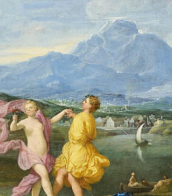

Jan Siberechts was a Flemish landscape painter whose career spanned both his native land and England. Initially, Siberechts developed a personal style of landscape painting in Antwerp, emphasizing Flemish countryside and country life. His work was influenced by Dutch Italianate landscape painters such as Nicolaes Berchem and Karel Dujardin, reflecting a blend of local and Italianate elements. This phase of his career was marked by vivid depictions of the Flemish rural life, with robust country girls in bright attire becoming a signature motif of his paintings.
Siberechts moved to England around 1672, where he significantly contributed to the English landscape tradition. In England, he painted decorations for the Duke's Cliveden House and later, traveled extensively, completing commissions for aristocratic clients. His English landscapes maintained their Flemish character but also started to focus more on universal themes, with less emphasis on figures and more on the scenery itself. These works are characterized by powerful trees, soft light on distant hills, and a relatively dark foreground to highlight the illuminated vistas in the background.
Siberechts is credited as the 'father of British landscape' for his pioneering country house portraits, blending detailed naturalistic views of stately homes into atmospheric landscapes. This innovative approach had a lasting influence on English landscape painting. His work, such as the views of Longleat and the Belsize Estate, represents an important step in the development of topographical painting, merging Flemish influences with the emerging English landscape tradition.
For collectors and experts in art and antiques, Siberechts' oeuvre offers a unique window into the transnational flow of artistic ideas in the 17th century, blending Flemish traditions with the nascent English landscape genre. His paintings, celebrated for their detail and historical topographical interest, can be found in prestigious collections such as the Tate Gallery London and the Victoria and Albert Museum.
For updates on exhibitions, sales, and auction events related to Jan Siberechts' work, art enthusiasts are encouraged to sign up for dedicated newsletters. This ensures that they remain informed about the latest opportunities to explore and appreciate the contributions of this influential Flemish artist to the landscape painting genre.
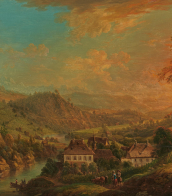
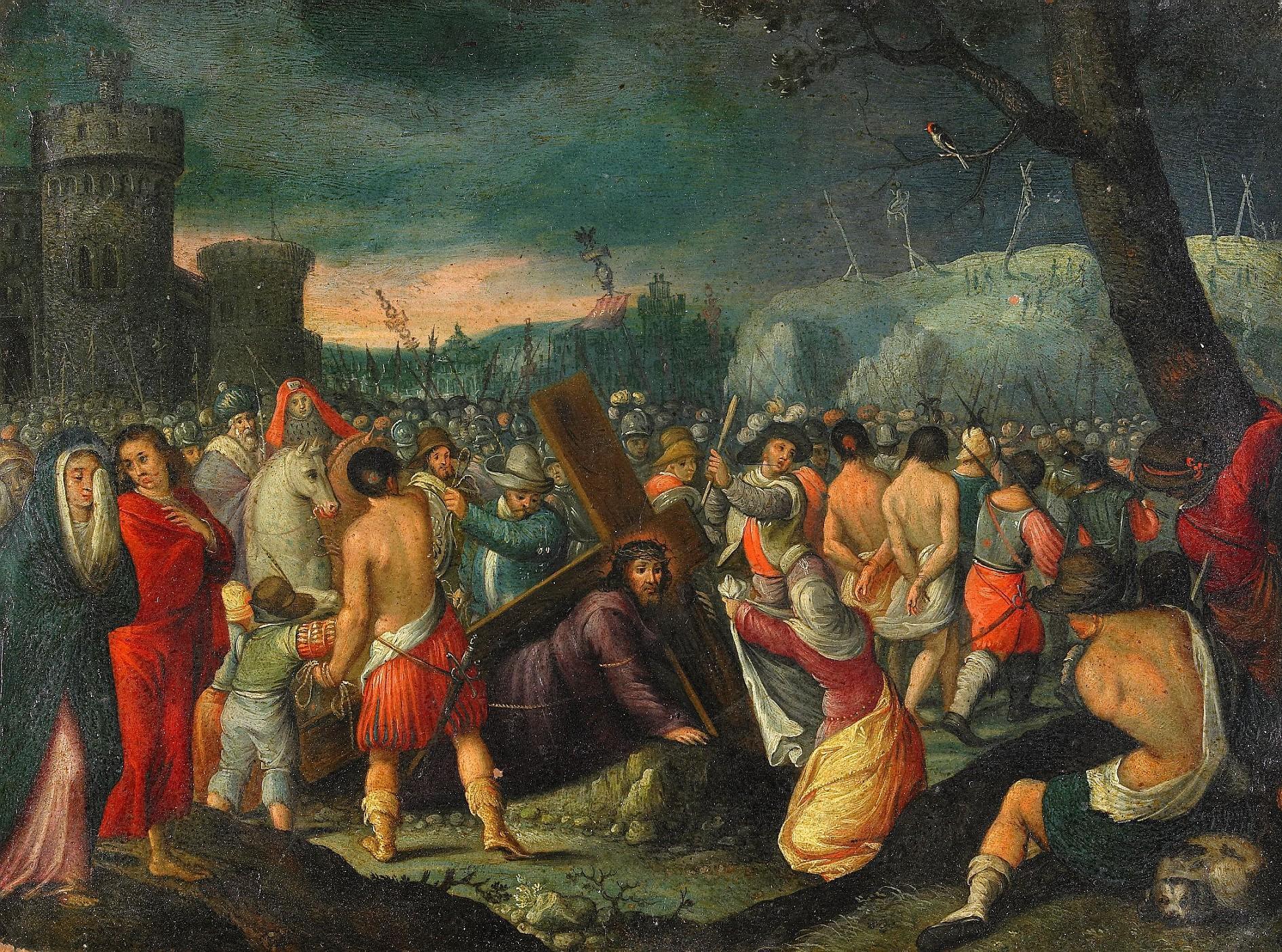
Johann König was a German painter. The son of a Nuremberg goldsmith, König was a follower of Adam Elsheimer. He is known today primarily because of his very finely painted copper panels.
